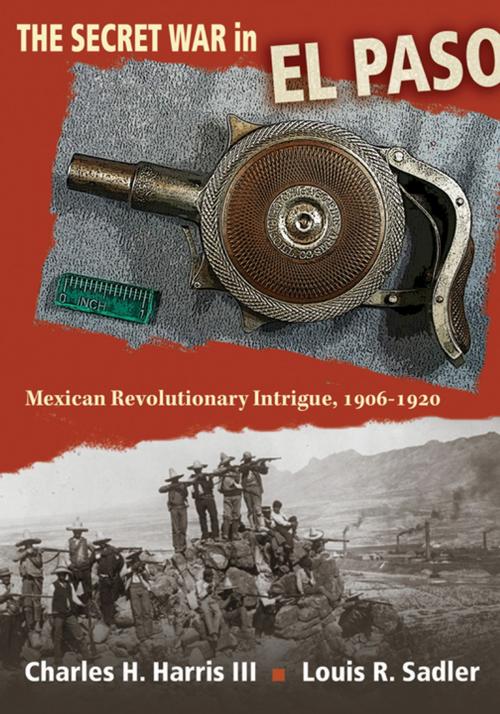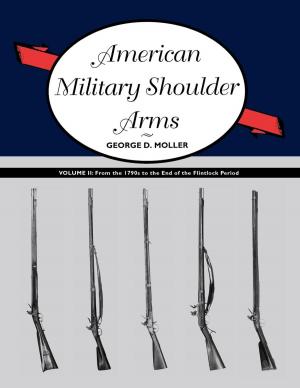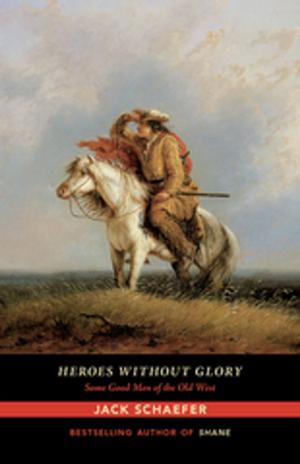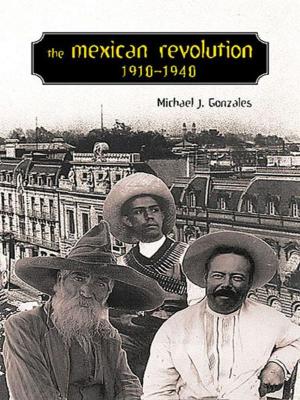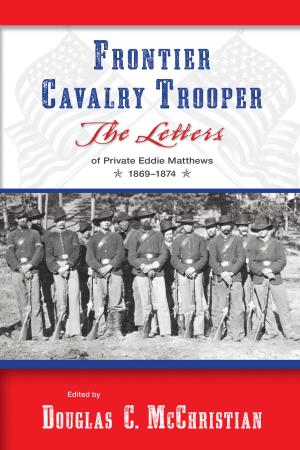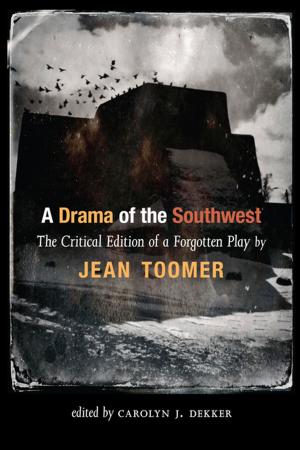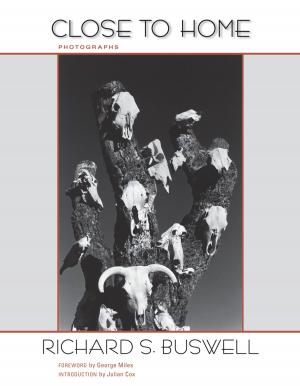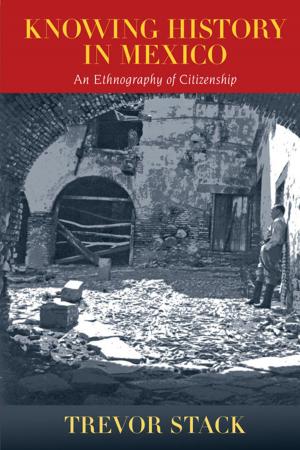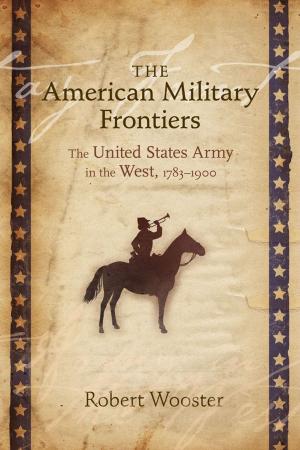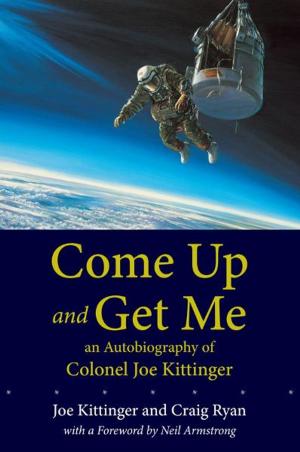| Author: | Charles H. Harris, Louis R. Sadler | ISBN: | 9780826346544 |
| Publisher: | University of New Mexico Press | Publication: | April 25, 2016 |
| Imprint: | University of New Mexico Press | Language: | English |
| Author: | Charles H. Harris, Louis R. Sadler |
| ISBN: | 9780826346544 |
| Publisher: | University of New Mexico Press |
| Publication: | April 25, 2016 |
| Imprint: | University of New Mexico Press |
| Language: | English |
Winner of the 2010 Spur Award for Best Contemporary Nonfiction from Western Writers of America
The Mexican Revolution could not have succeeded without the use of American territory as a secret base of operations, a source of munitions, money, and volunteers, a refuge for personnel, an arena for propaganda, and a market for revolutionary loot. El Paso, the largest and most important American city on the Mexican border during this time, was the scene of many clandestine operations as American businesses and the U.S. federal government sought to maintain their influences in Mexico and protect national interest while keeping an eye on key Revolutionary figures. In addition, the city served as refuge to a cast of characters that included revolutionists, adventurers, smugglers, gunrunners, counterfeiters, propagandists, secret agents, double agents, criminals, and confidence men.
Using 80,000 pages of previously classified FBI documents on the Mexican Revolution and hundreds of Mexican secret agent reports from El Paso and Ciudad Juarez in the Mexican Ministry of Foreign Relations archive, Charles Harris and Louis Sadler examine the mechanics of rebellion in a town where factional loyalty was fragile and treachery was elevated to an art form. As a case study, this slice of El Paso's, and America's, history adds new dimensions to what is known about the Mexican Revolution.
Winner of the 2010 Spur Award for Best Contemporary Nonfiction from Western Writers of America
The Mexican Revolution could not have succeeded without the use of American territory as a secret base of operations, a source of munitions, money, and volunteers, a refuge for personnel, an arena for propaganda, and a market for revolutionary loot. El Paso, the largest and most important American city on the Mexican border during this time, was the scene of many clandestine operations as American businesses and the U.S. federal government sought to maintain their influences in Mexico and protect national interest while keeping an eye on key Revolutionary figures. In addition, the city served as refuge to a cast of characters that included revolutionists, adventurers, smugglers, gunrunners, counterfeiters, propagandists, secret agents, double agents, criminals, and confidence men.
Using 80,000 pages of previously classified FBI documents on the Mexican Revolution and hundreds of Mexican secret agent reports from El Paso and Ciudad Juarez in the Mexican Ministry of Foreign Relations archive, Charles Harris and Louis Sadler examine the mechanics of rebellion in a town where factional loyalty was fragile and treachery was elevated to an art form. As a case study, this slice of El Paso's, and America's, history adds new dimensions to what is known about the Mexican Revolution.
